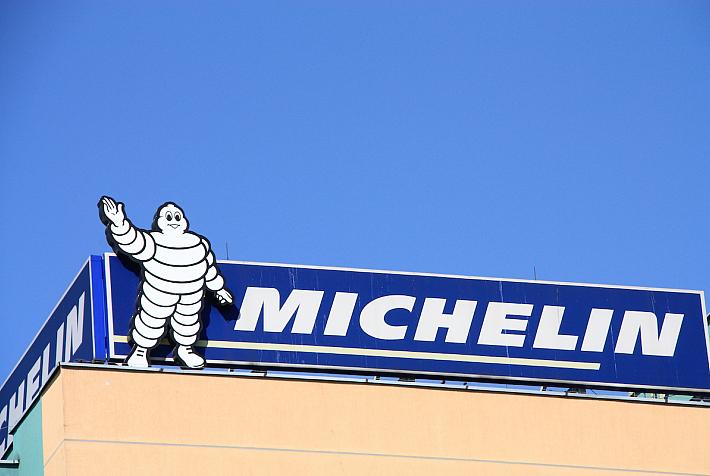IKEA sourcing wood from old-growth Romanian forests, Greenpeace report says

An investigation published by environmental NGO Greenpeace claims to show that furniture manufacturers producing for IKEA are sourcing wood from some of Europe’s last remaining old-growth forests in the Romanian Carpathians, including in Natura 2000 protected areas.
Seven manufacturers producing IKEA’s all-time favorite products are linked to the destruction of high-conservation value forests, according to the investigation, which also names some of the producers. At least 30 different products from these suppliers were reportedly found in IKEA stores in 13 countries: Austria, Belgium, Czechia, Finland, France, Germany, Hungary, Italy, Israel, Poland, Sweden, Switzerland, and the UK.
“Our natural heritage can’t be turned into pieces of furniture. Old forests are vital to the planet’s health and must be immediately protected. IKEA must live up to its own sustainability promises and clean up its supply chain from old-growth forest destruction,” said Robert Cyglicki, biodiversity campaign director at Greenpeace Central and Eastern Europe.
Investigation teams followed the supply chain from analyzing permits and satellite imagery of logging sites in the forests in Romania to wood depots and furniture manufacturers, to where those products end up. Several manufacturers were found to be sourcing wood from high conservation value forests. Based on publicly available information, IKEA is the biggest customer of products manufactured by most of those companies, implying a high likelihood that the problematic wood ends up in IKEA furniture.
“Greenpeace recognizes that furniture, in general, is a good way of using wood, storing carbon, and adding value to raw materials, but this must not happen while sacrificing the planet’s most biologically diverse forests,” the NGO said.
The non-profit also mentions that just 2.4% (1700 km²) of the Romanian Carpathian forests are currently protected against logging. At the same time, official data suggests that around 7% of the Romanian forests are over 120 years old. According to the EU’s Biodiversity strategy, these forests should be strictly protected.
Through the Biodiversity Strategy, all European Union countries must protect at least 10% of forests by 2030.
"We are trying to identify the 10% of habitats and ecosystems you mentioned. We have a project financed through the PNRR to tell us what types of habitats should be protected. We have a process of continuous expansion of virgin and near-virgin surfaces. The process has not yet finished," said Sorin Banciu, state secretary at the Ministry of Environment, quoted by Euronews Romania. However, until these areas are identified, environmental experts say such forests will slowly disappear.
According to IKEA, 84% of the wood they use comes from European forests. Romania is at the top of the countries providing the company with virgin timber, meaning the highest quality.
In an official response to Euronews Romania, IKEA confirmed that it works with the mentioned companies and that the only requirement it imposes is for the wood to be either recycled or approved by the Forest Stewardship Council.
"We can confirm that those companies are suppliers for IKEA. All suppliers must use in our products wood that comes from responsibly logged forests, which do not contribute to deforestation. Furthermore, we require all suppliers to use only recycled wood or wood approved by FSC (Forest Stewardship Council). Old-growth forests are part of the category of 'High Conservation Value Forests'. As outlined in our code of conduct, we do not accept wood from virgin forests or from high conservation value forests unless they have been approved by FSC," states the company's official reaction.
After the Romanian state, the company owns the largest forested area in Romania, over 50,000 hectares, which is almost twice the area of Bucharest.
Shortly after the Greenpeace report was released on April 10, the NGO said that a protest was staged in front of the IKEA headquarters in Germany (opening photo). Greenpeace says that IKEA must stop accepting wood from natural forests and must stay true to the promise of sustainability.
(Photo source: Greenpeace Romania on Facebook)
















